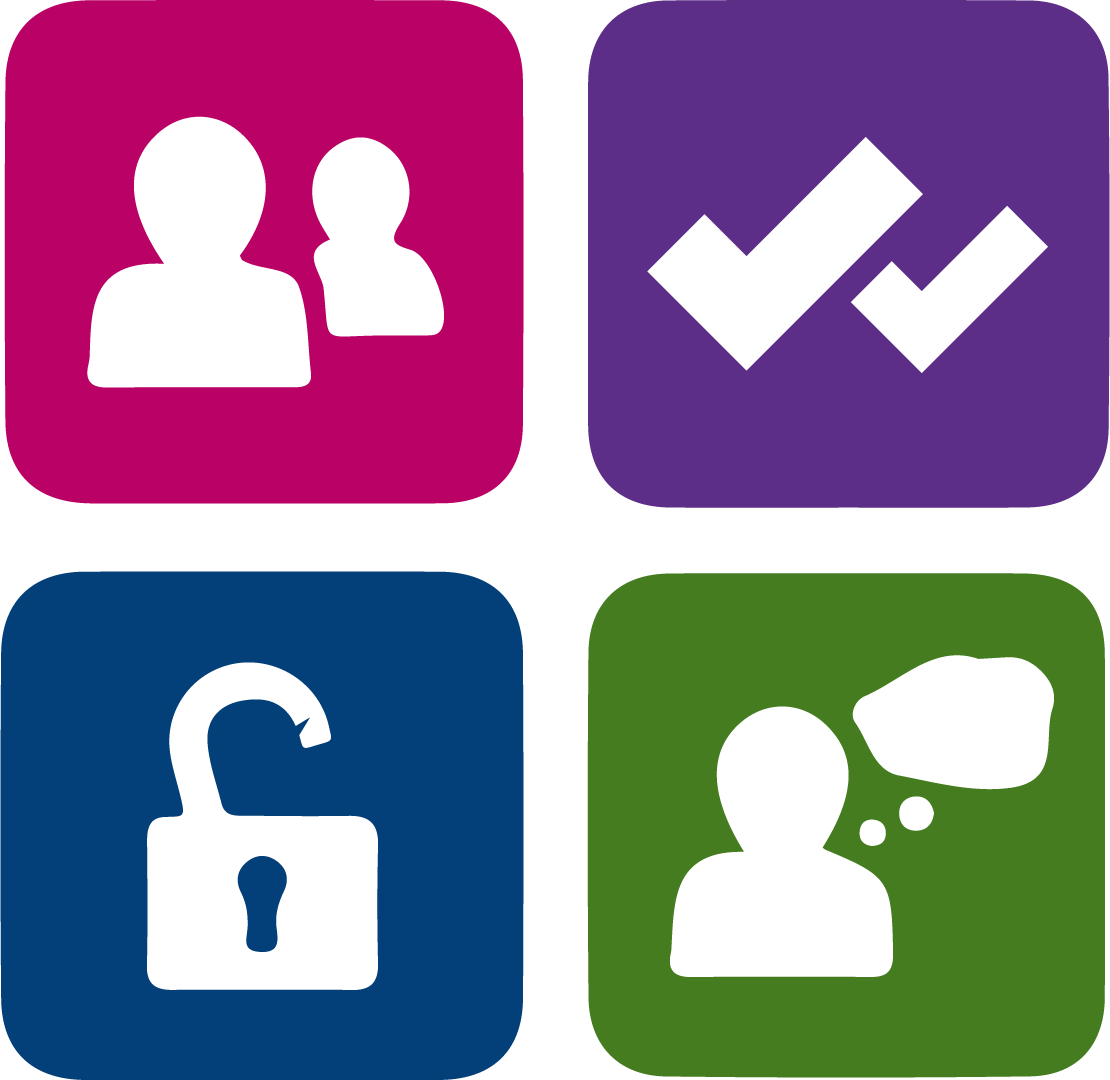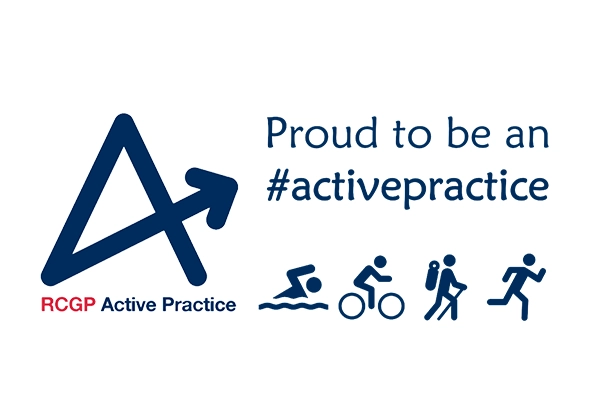We use cookies to help provide you with the best possible online experience.
By using this site, you agree that we may store and access cookies on your device. Cookie policy.
Cookie settings.
Functional Cookies
Functional Cookies are enabled by default at all times so that we can save your preferences for cookie settings and ensure site works and delivers best experience.
3rd Party Cookies
This website uses Google Analytics to collect anonymous information such as the number of visitors to the site, and the most popular pages.
Keeping this cookie enabled helps us to improve our website.
Repeat Prescriptions
Ordering a Repeat Prescription
Please follow the guidelines and choose the right option for you.
Please allow us 72 hours (three working days), to process your prescription request.
For safety reasons we are not allowed to accept repeat prescription requests over the phone.
When you order a prescription online, you can have it sent electronically to a pharmacy of your choice. This is called a nomination.
The NHS App
Order repeat prescriptions via the NHS App or NHS website, and have them sent to a pharmacy of your choice.
Online Form
If you're not registered with our online services, you can use our online form
Order your repeat prescription via our online Repeat Prescription form. No account required.
Your Local Pharmacy
Pharmacy Ordering / Collection Service
You can authorise a chemist to collect the prescription and even have your medication delivered to you by contacting reception with your chosen nominated pharmacy.
About pharmacists
As qualified healthcare professionals, pharmacists can offer advice on minor illnesses such as:
- coughs
- colds
- sore throats
- tummy trouble
- aches and pains
They can also advise on medicine that you can buy without a prescription.
In Person
You can order in person by completing the slip that came with your last prescription and handing it in to the surgery. Your prescription should be available for collection 72 hours after your request.
By Post
You can post your prescription slip or written request to us at the Practice.
If you're unable to collect your prescription from the surgery, please include a stamped, addressed envelope for return by post. Please allow at least seven days if requesting your medication by post.
Contraceptive Pill Repeat Prescriptions
If you would like a repeat prescription of your oral contraceptive, please go to your local pharmacy who are now set up to provide this service and issue your medication directly.
Medication Queries
Please get in touch with the surgery to raise a query about your medication.
Medicine Sick Day Rules
You may be prescribed one or more medicines that you should temporarily stop if you suffer from vomiting, diarrhoea or fever.
When you are unwell with any of the following:
- Vomiting or diarrhoea (unless only minor)
- Fevers, sweats and shaking (unless only minor)
Then STOP taking the medicines listed below.
- Restart when you are well (after 24 to 48 hours of eating and drinking normally)
- If you are in any doubt, or if your symptoms do not settle after 48 hours, please contact the surgery for advice about these medicines from the doctor.
Medicines to STOP on Sick Days
The list below is not exhaustive as you may also be prescribed medicines that were initiated by a specialist that suppress your immune system (immunosuppressants). This could include DMARDS, biologics, JAK inhibitors or chemotherapy agents. These are usually stopped if you have an infection but you should speak to your specialist centre about this.
- ACE inhibitors: medicines ending in ‘pril’ e.g. Ramipril, Captopril, Enalapril, Fosinopril, Imidapril, Lisinopril, Perindopril, Quinapril, Trandolapril
- ARBs: medicines ending in ‘sartan’ e.g. Losartan, Candesartan, Eprosartan, Irbesartan, Olmesartan, Telmisartan, Valsartan, Azilsartan
- Diuretics (water pills) e.g. Bumetanide, Furosemide, Indapamide, Bendroflumethiazide, Eplerenone, Spironolactone, Coamilofruse, Co-amilozide, Co-flumactone, Co-tenidone, Torasemide, Hydrochlorothiazide, Amiloride, Triamterene, Chlortalidone, Cotriamterzide, Cyclopenthiazide, Metolazone, Xipamide
- Oral NSAIDS (anti-inflammatories) e.g. Ibuprofen, Naproxen, Diclofenac, Indometacin, Ketoprofen, Mefenamic acid, Meloxicam, Nabumetone, Piroxicam, Sulindac, Tenoxicam, Tiaprofenic acid, Etodolac, Etoricoxib, Flurbiprofen, Aceclofenac, Acemetacin, Celecoxib, Dexketoprofen, High dose aspirin (not including the 75mg dose)
- Some Diabetes Medicines: Metformin, Canagliflozin, Dapagliflozin, Empagliflozin, Ertugliflozin
If you have any questions or concerns please telephone the Surgery and ask to speak to a member of the Medicines Management Team.
Prescriptions Charges and Exemptions
Extensive exemption and remission arrangements protect those likely to have difficulty in paying charges (NHS prescription and dental charges, optical and hospital travel costs).
The NHS prescription charge is a flat-rate amount which successive Governments have thought it reasonable to charge for those who can afford to pay for their medicines. Prescription prepayment certificates (PPCs) offer real savings for people who need extensive medication.
When going abroad you can take your NHS medications with you.
Please visit the NHS website for the latest Prescription Charges
These charges apply in England only. In Northern Ireland, Scotland and Wales prescriptions are free of charge.
Further Information
Electronic Prescription Service
The Electronic Prescription Service (EPS) sends electronic prescriptions from GP surgeries to pharmacies. Eventually EPS will remove the need for most paper prescriptions.
Electronic Repeat Dispensing
Learn about the benefits of Electronic Repeat Dispensing and how to set it up.
Over the Counter Medication
Last year St Lawrence Surgery spent over £161,000 on prescribing medicines that are available over the counter. As a surgery we are amongst the practices with the highest spend per patient in Sussex.
St Lawrence Surgery has now adopted NHS England advice to GPs and other clinicians not to give a prescription for the treatment of common conditions, as specified by the NHS.
- This guidance applies even if a patient is eligible to free prescriptions.
- If buying this medicine over the counter is going to be difficult for you, please contact the surgery to discuss with our Medicines Management Team on 01903 222 900
- If at any time you are concerned about your condition you should contact the local pharmacist or the surgery for more advice.
- This policy also has the support of the St Lawrence Surgery Patient Participation Group.
Why can't I get a prescription for an over-the-counter medicine?
SGLT-2 "FLOZINS" and rare side effects
SGLT-2 inhibitors are medicines that lower blood glucose (sugar) by increasing the amount of glucose in the urine, which is why these medicines are used for people who have diabetes. They have added benefits that include protecting the kidneys and heart, slowing the decline in kidney function and reducing the risk of heart failure and heart attacks in individuals at most risk.
Examples include:
- empagliflozin (Jardiance®)
- canagliflozin (lnvokana®)
- dapagliflozin (Forxiga®)
- ertugliflozin (Steglatro®).
Research has found that there are some very rare but important side effects associated with diabetes which appear to be more common in patients taking these drugs. You should be aware of these potential side effects as if they are not identified early, they can be extremely dangerous.
Learn more
What are these side effects?
The first is called diabetic ketoacidosis, a condition in which there is too much acid in the blood. This can very rarely happen in some people with type 2 diabetes and these drugs can increase this risk even when the blood glucose concentration is normal.
The second is called Fournier’s gangrene. This is a very rare and severe spreading skin infection in the genital or groin area which leads to abscesses and skin destruction. If treatment is delayed it can be fatal.
How common are these side effects?
Diabetic ketoacidosis is estimated to occur in between 1 in 1000 and 1 in 10,000 patients treated with an SGLT-2 inhibitor.
Fournier's gangrene can occur in people who do not have diabetes, but is more common in people with diabetes. It is estimated to occur in approximately 1 in 100,000 patients treated with an SGLT-2 inhibitor. This appears to be approximately 12 times more common than in patients treated with other diabetes drugs. Most cases of Fournier’s gangrene occur in men, but in patients treated with SGLT2 inhibitors it can also occur in women.
What should I look out for?
- The following symptoms might indicate diabetic ketoacidosis: nausea, vomiting, fast breathing, abdominal pains, unusual drowsiness, or fever.
- The following symptoms might indicate Fournier’s gangrene: severe pain, tenderness, redness, or swelling in the genital or groin area accompanied by fever or malaise.
If you have any of these symptoms, please contact a medical professional, such as a doctor or nurse immediately, even if your blood sugars are near normal.
If your GP practice is closed, please call the NHS 111 service, by dialling 111, for more advice. Tell them that you are worried about one of the conditions above.
Stop this medication until you have further medical advice.
Is there anything more likely to cause diabetic ketoacidosis?
- Any conditions leading to restricted food intake or severe dehydration.
- You need to be especially careful if you develop an infection (like a chest or urine infection) or undergo surgery.
- If you are planning to have a minor operation, or any other procedure which involves fasting overnight, we suggest you stop your SGLT-2 tablets on the day of the procedure.
- Alcohol abuse.
What if I am having major surgery?
Please stop this medication 24 hours before your surgery. Restart only after you are fully mobile and eating and drinking normally.
If I feel unwell, what will my doctor or nurse do?
You will have a finger prick blood test to test for the amount of glucose and ketones (a breakdown product of fat) in your blood. If the levels of ketones are high, you will likely require hospital treatment.
If Fournier’s gangrene is suspected, you will require prompt hospital treatment with intravenous antibiotics and possibly surgery.
Surgeries
 Armed Forces veteran
Armed Forces veteranfriendly accredited
GP practice

Pride in
Practice
Gold
 disability
disabilityconfident Committed

Providing NHS Services
Contact
St Lawrence Surgery
79 St Lawrence Avenue
Worthing
West Sussex
BN14 7JL
Telephone: 01903 222 900

